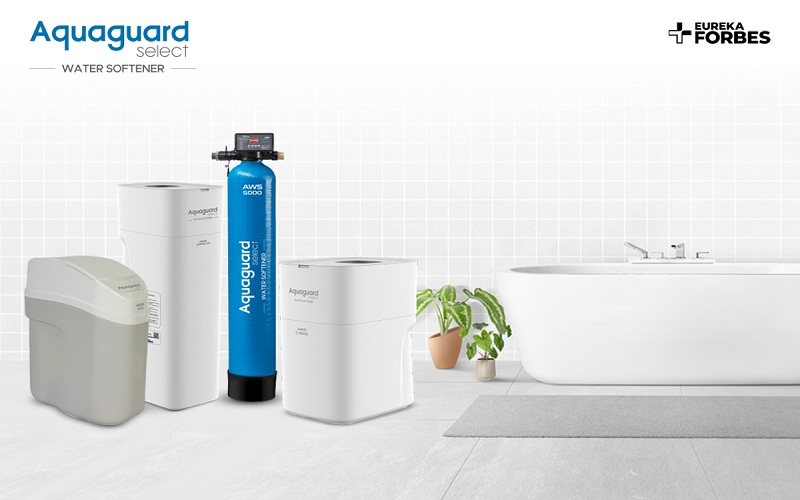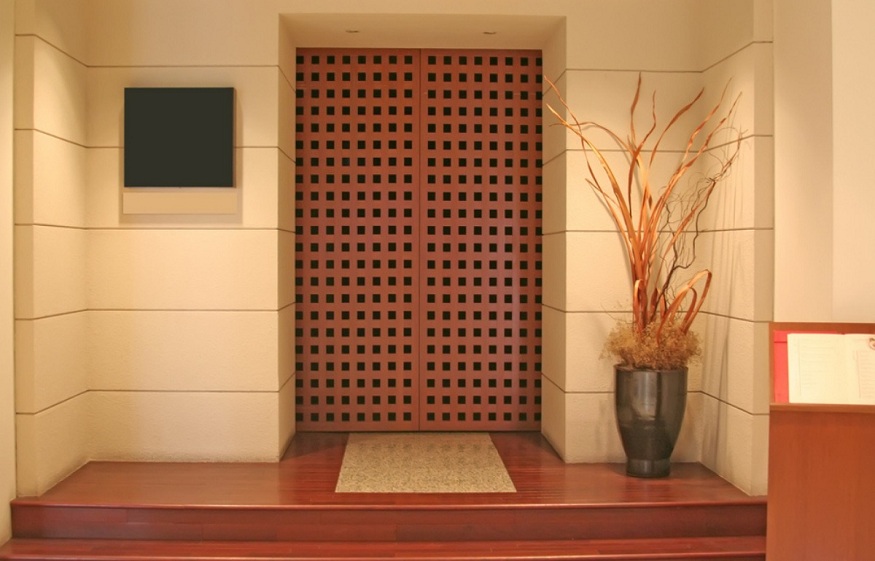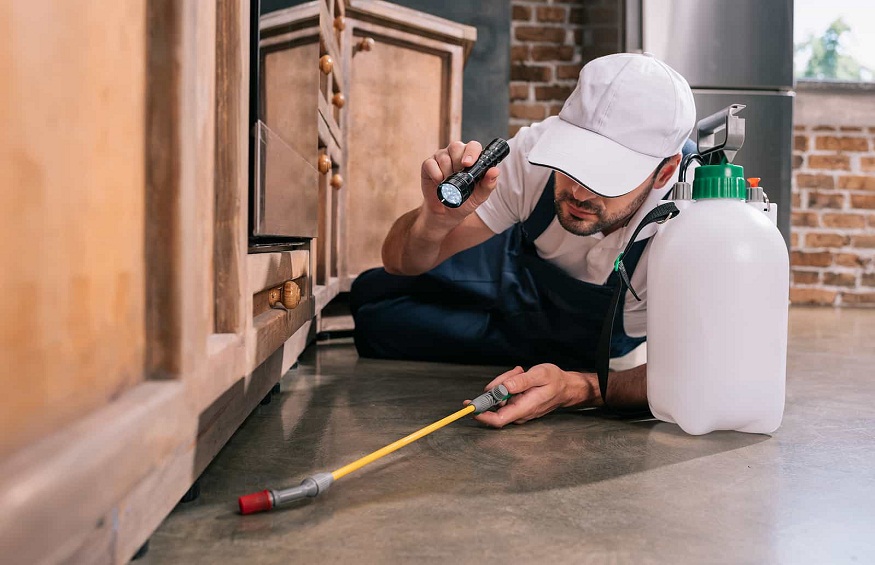If the water at your home doesn’t suit you, it might be hard water. A water type that needs to be sorted to make it soft and useable, and for that we have- a water softener. This can be confusing but let us explain it to you simply.
Water softeners are machines that remove minerals that cause hardness from water, such as calcium and magnesium. They are growing more popular because of the numerous benefits they offer.
However, there are a few myths and misconceptions about water softeners that may deter individuals from purchasing the best water softener for their needs. In this post, we will debunk five myths regarding water softeners and explore the significance of utilizing the proper salt for water softener systems.
Myth 1: All water softeners are same
A common misconception is that all water softeners are the same, thus there is no need to research and compare different kinds.
But that’s not true as there are several varieties of water softeners, including salt-based ones. Each type has distinct features, benefits, and downsides, so it is critical to conduct research and select the best water softener for your personal requirements, water hardness level, and budget.
If looking for a water softener that softens and keeps the water drinkable as you like it, Aquaguard Select AWS C-3500 DX Water Softener is a completely automatic water softening machine for you. It is for multi-story buildings that use innovative ion-exchange technology to soften water with hardness levels of up to 2050 ppm. You can remove hard water, which can cause hair loss, dry itchy skin, and stains on sinks, bathroom fixtures, and appliances. It is an excellent choice when selecting a water softener for a building. And if you just want to refill the salt, Aquaguard Water Softener Regeneration Media (Salt) is the right choice as it has non-iodized sodium chloride with 99.4% purity making it ideal for usage.
Myth 2: Water softeners are not required
A prevalent myth is that water softeners are unnecessary, and that hard water causes no serious problems. However, hard water contains a high concentration of calcium and magnesium, which can cause a range of problems in your home. These minerals can produce scale accumulation on appliances and fittings, resulting in diminished efficiency and even damage. Furthermore, hard water can cause dry skin, and dull hair, and alter the taste of your food and beverages.
Investing in the best water softener will help you resolve these difficulties, enhance the quality of your water, and protect your home appliances.
Myth 3: Water softeners filter water
Water softeners are commonly regarded as soft water filters that filter water. This is another myth about water softeners. Water softening is a distinct process that cannot be replaced by any other water filtration method. Water is softened using an ion exchange resin. During this process, hardness-causing minerals are absorbed by the resin, while sodium ions are released into the water to balance its charge.
A water purifier, on the other hand, employs a filtration mechanism to purify the water. Similarly, water cannot be filtered in a softener because its only function is to soften water by exchanging calcium and magnesium for sodium.
Myth 4: Water softeners make water unhealthy
Ion exchange is the mechanism by which water softeners remove calcium and magnesium and replace them with sodium ions. The goal of water softening is to eliminate all hard minerals from water, hence avoiding the impacts of hard water. Some sources claim that soft water is unhealthy since it no longer contains magnesium and calcium.
Milk and other dairy products, fortified cereals, and a variety of nuts and grains all contain significantly more calcium than drinking water. The same goes for magnesium. So, removing calcium and magnesium from water does not make it unhealthy because these minerals should be abundant in your usual diet.
If you need a water softener that works well at home, Aquaguard Select AWS C-2500 Water Softener is a complete package as it uses innovative ion-exchange technology to soften water with hardness levels of up to 1850 ppm. It is a fully automated regeneration device that starts working once set. With LCD Display Panel, the current settings make it easy to read. The auto-setting lock ensures that if the softener’s control is lost, internal memory will maintain its previous setting. While it is good to go, it is a device and would require timely checkups.
Myth 5: Water softeners are expensive and high-maintenance
Many people think that water softeners are expensive to buy, install, and maintain. While the initial cost of the best water softener may appear exorbitant, the long-term savings and benefits outweigh it. Softened water can lengthen the life of your equipment, reduce energy usage, and lower maintenance expenses, resulting in long-term savings. Maintenance for most water softeners is basic, consisting of adding salt to water softener systems and doing occasional system checks.
Natural treatments might provide immediate relief from hard water issues and are environmentally benign, their efficacy is limited and requires ongoing physical intervention. Water softeners, on the other hand, provide a comprehensive and long-term solution to hard water problems, hence improving water quality, appliance performance, and cleaning efficiency. Water softeners may be more expensive than natural options at first, but the long-term benefits and savings on maintenance, energy, and appliance replacement costs make them a worthwhile investment.





